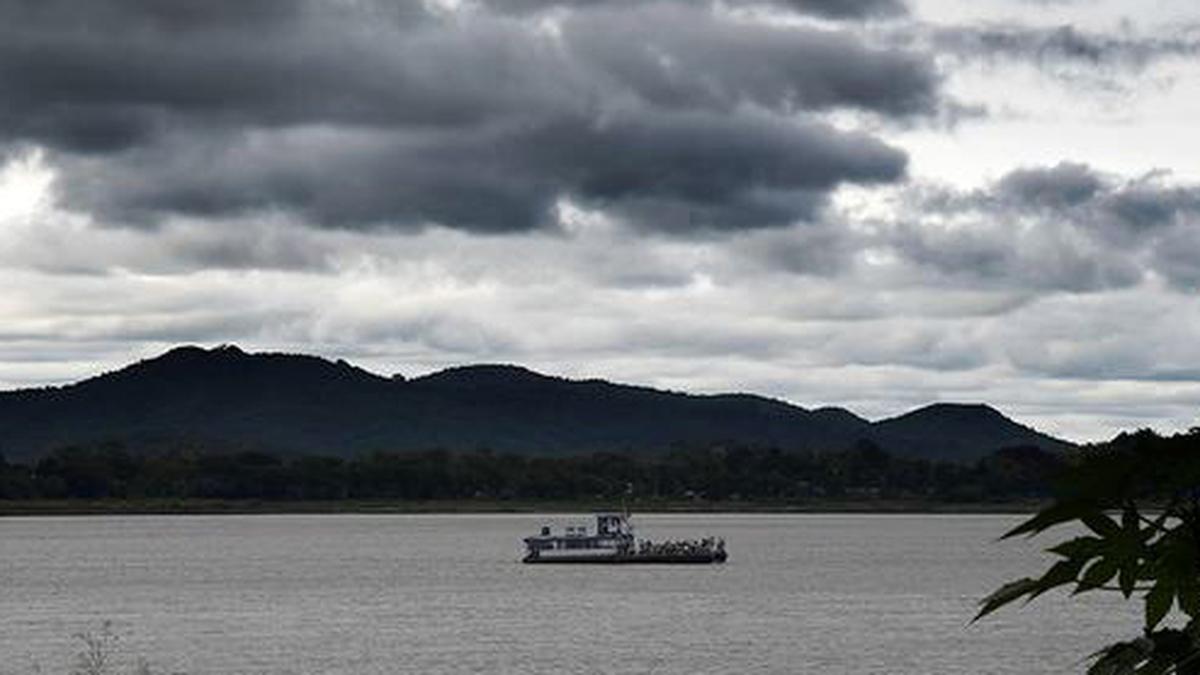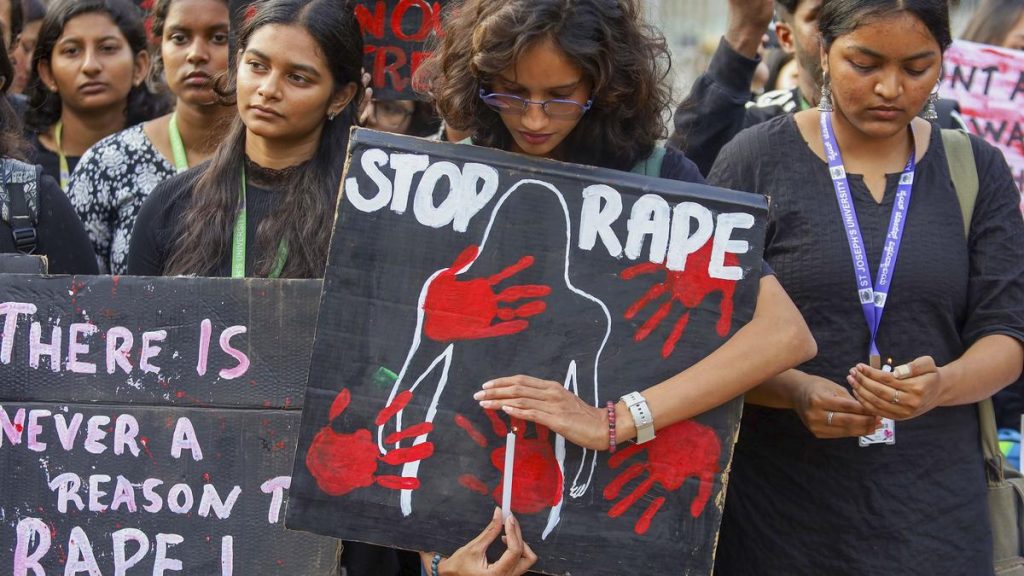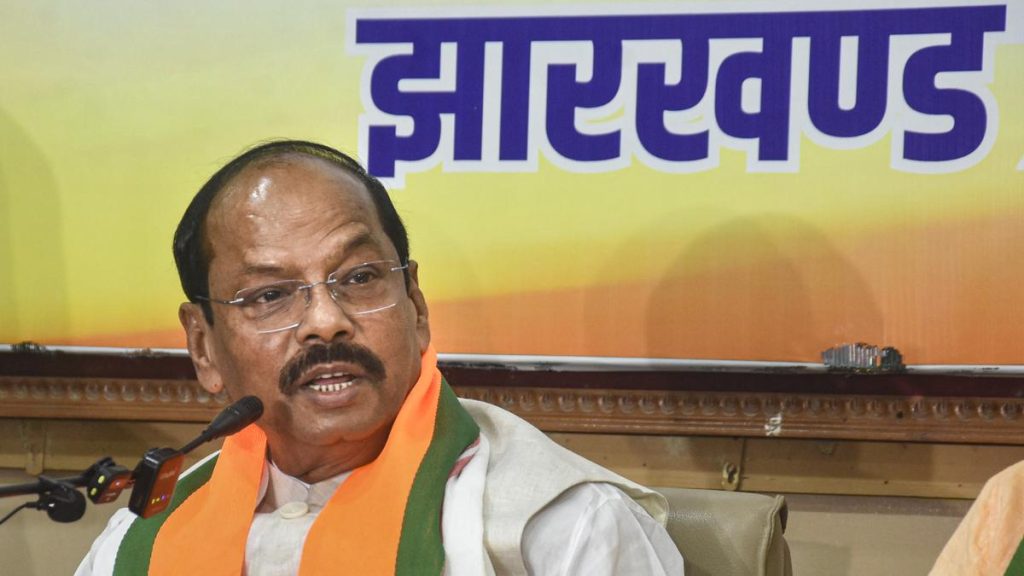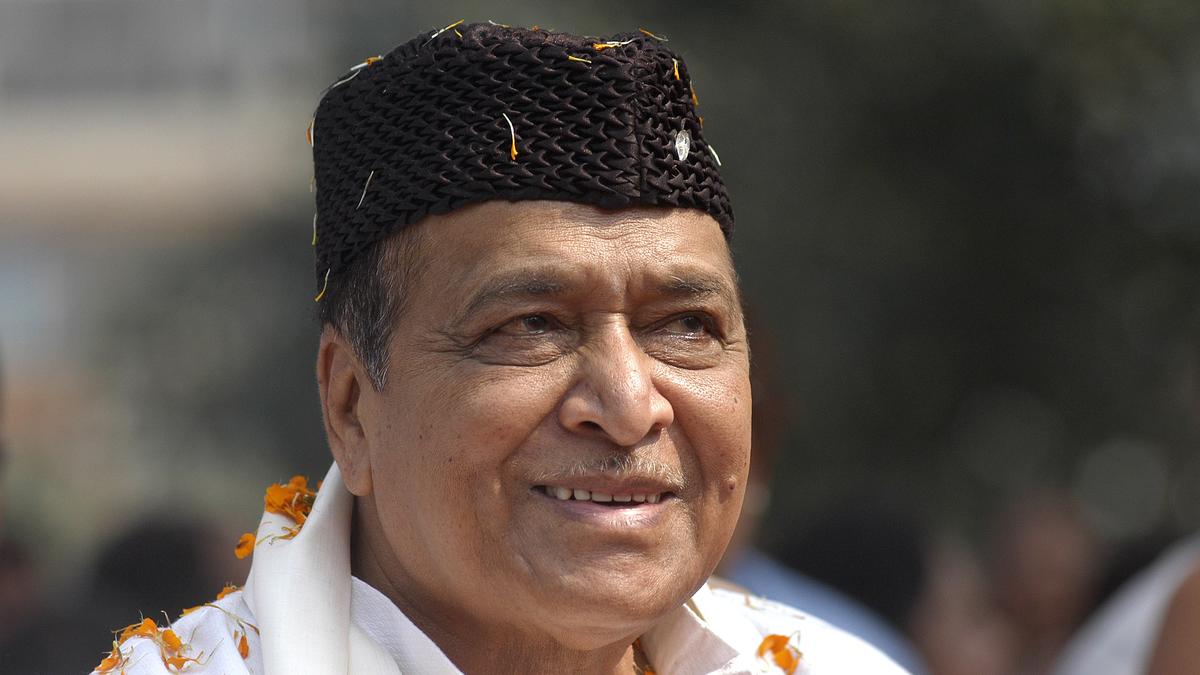Now Reading: India-Bangladesh Joint River Talks Scheduled for September 9
-
01
India-Bangladesh Joint River Talks Scheduled for September 9
India-Bangladesh Joint River Talks Scheduled for September 9

Speedy Summary
- India-Bangladesh Joint River Commission Meeting: Scheduled for September 9, 2025, in New Delhi. A ten-member team from Dhaka will represent Bangladesh’s concerns on water sharing of 14 cross-border rivers.
- 1996 Ganga Waters Agreement: Bangladesh plans to use the discussions as planning for renewing the treaty next year. The agreement was first signed during Sheikh Hasina’s government and faces review and potential changes ahead of Bangladesh’s first election since her overthrow in August 2024.
- dhaka’s Demands:
– Extending the renewal period of the treaty beyond its current framework.
– Adjustments in India’s usage of river waters affecting Bangladeshi flows.
– Creation of a special vehicle to manage waters from rivers such as Muhuri, Khowai, Gomti, Dharla, and Doodhkumar.
- India’s Relations with River Treaties: Dhaka expressed concern over India putting the Indus Waters Treaty with Pakistan in “abeyance.” However, India recently shared hydrological data with Pakistan due to humanitarian reasons tied to flooding events.
- Flood Forecasting Cooperation: Bangladesh seeks Indian support for establishing a joint mechanism after past incidents where floods caused political tensions. Dhaka argues that indian practices contribute to dry conditions during winters in rivers like Padma.
Indian Opinion Analysis
The upcoming dialogue at the india-Bangladesh Joint River Commission holds considerable importance both logistically and diplomatically. Water-sharing agreements between neighbors considerably affect agriculture-dependent economies like those of Bangladesh and regions within India. Tensions regarding cross-border rivers have persisted due to competing domestic priorities on river usage.
Both countries stand to benefit from strengthening collaboration mechanisms like flood forecasting systems-especially pertinent given recent climate-linked disasters-where trust-building via technical sharing could forge deeper bonds amid geopolitical complexities. however, requiring adjustments or extensions within existing treaties may prove challenging without compromising long-standing domestic policies or regional commitments.read more: source Link

























